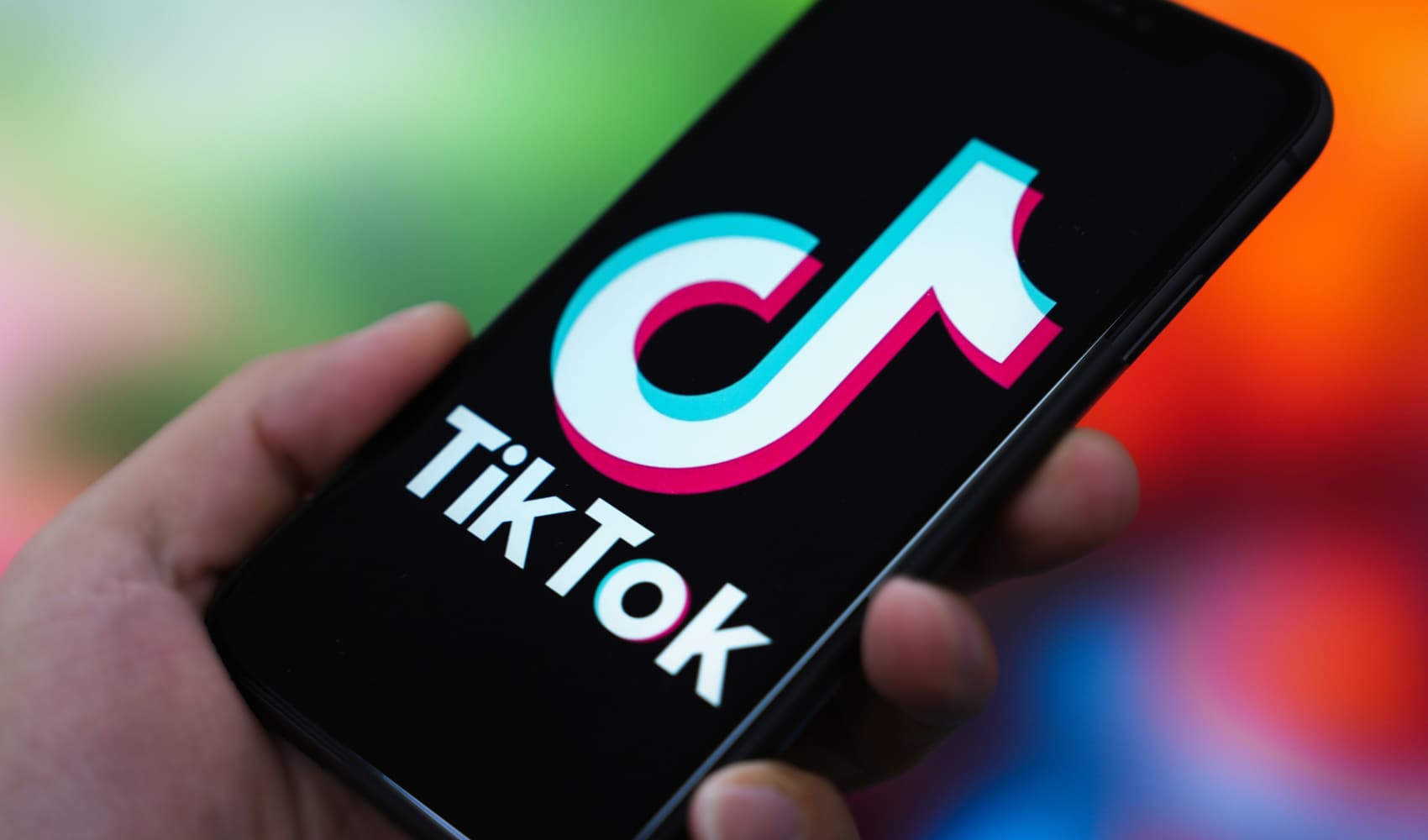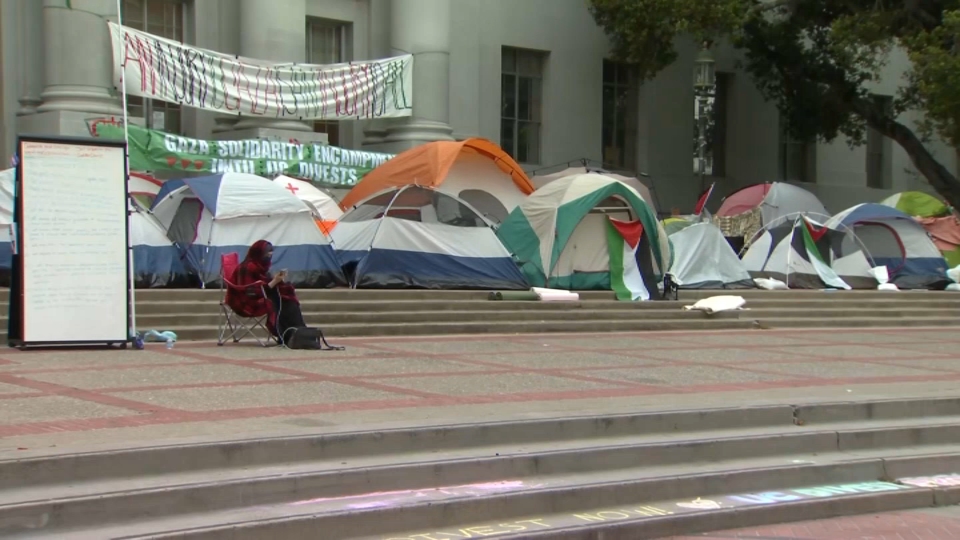The situation has led to calls for tougher laws from some district attorneys and lawmakers, who worry the In-Home Supportive Services program is rife with loopholes.
This was not what the headlines heralded back in 2009, when then-Gov. Arnold Schwarzenegger signed legislation to protect about 450,000 low-income elderly, blind and disabled people who rely on the program. But legal wrangling and lack of oversight got in the way.
Background checks were slow to start, then a judge blocked the law from taking effect, and no one kept track of many of the felons who signed up until another, watered-down law came along 14 months later. About two out of every three felon caretakers detected by the state last year were granted waivers by their disabled and elderly clients. And so far, efforts to shore up the law have failed.
“The system is flawed because it does not disqualify the majority of felons who commit theft offenses,” said Patrick Sequeira, a Los Angeles County deputy district attorney. “Most businesses would not hire these felons to work in a position of trust. Why should the government hire these people to care for the disabled and blind?”
One such hire exemplified how things can go wrong. Phetsarath Chanthavong, a former home health aide in Fresno County, collected more than $3,000 for the better part of a year beginning in mid-2009, after the patient he was supposed to be caring for left the country, according to court records. He had previous convictions for spousal and elder abuse and making criminal threats.
Not long after Chanthavong’s scam began, he should have been disqualified from the state program by the 2009 law. But it took more than a year for the state to complete criminal background checks of more than 390,000 caretakers, more than 800 of whom were barred from continuing their jobs.
To be sure, felons who have abused the system represent just a fraction of the people working as caretakers in the program.
Local
“There have been grand jury reports over the years that have shown various levels of fraud in IHSS,” said Jovan Agee, director of political and legislative affairs for the United Domestic Workers/American Federation of State, County and Municipal Employees Local 3930, which represents 65,000 home health care providers. “But when you look at the IHSS fraud in context, there is no report that I’ve seen that has shown rampant fraud on a statewide level.”
But how many similar cases present future danger is unknown, because the state and counties tracked only people convicted of the most egregious felonies who sought to become home health aides, both before the 2009 law and during the 14 months after a judge blocked the state from implementing it.
State officials say they simply were following requirements of the law.
“When the legislation was passed, we did not look back; we just looked forward,” said Michael Weston, a spokesman for the California Department of Social Services.
On Feb. 1, 2011, the state began tracking so-called “tier two” felonies – such as violent felonies and sex offender registrations – among people who applied to be caretakers. In all, 747 people were disqualified from the program through mid-March, according to the most recent figures available from the state Department of Social Services.
Of those, roughly 516 – about 69 percent – later received a waiver from patients to become their caretaker, allowed under the 2011 law if the conviction did not involve welfare fraud or elder or child abuse.
The large numbers of people signing waivers to have felons care for them might be a reflection of how difficult it is to find dependable home health aides.
“I hear from consumers that they have trouble finding reliable people to care for them, and the state has cut the number of hours providers can work,” said Wanda Remmers, interim deputy director of the Center for Independent Living, a Berkeley-based advocacy organization for the disabled.
Changing policies on felonies
Before 2009, the only people barred from becoming home health aides were those convicted of child abuse, elder abuse or defrauding a government health care assistance program.
Schwarzenegger’s reforms were supposed to exclude anyone who had committed a felony in the last decade. The reform also was intended to help control the spiraling cost of the program by weeding out providers whose records signaled potential for fraud. In the previous eight years, the cost of the program, funded with federal, state and local tax revenue, had more than doubled to $5 billion.
But in November 2009, an Alameda County Superior Court judge found the state did not have the authority to prohibit all felons from working in the program.
The Legislature responded in February 2011 with a law that fell short of Schwarzenegger’s intentions. It expanded the previous list of criminal convictions that would prevent someone from becoming a home health aide only to include violent or serious felons, sex offender registrants and those convicted of a felony offense for fraud against a public social services program.
In addition, the program still allows people with convictions dating back more than a decade to become caretakers, even if their crime was murder. Those convicted of drug possession and grand theft – among the most common felonies – also can still become home health aides.
Fraud investigators say those are not the best credentials for in-home caretakers, whose only outside oversight might be their disabled clients. Two recent Los Angeles cases both ended with the state paying money for care that was not given.
In one of them, Joseph Herd Jr. had become an in-home caretaker despite two prior felony convictions for drug sales. In 2009, while under investigation for welfare and food stamp fraud, Herd collected more than $1,600 while the person he claimed to be caring for at home was actually in the hospital. Herd was sentenced in February to two years probation, four days in jail and was ordered to pay full restitution.
Avoiding fraud
Critics say the weak points of the current law invite fraud from people whose prior felony convictions limit their job prospects. Caretakers in the home health program earn an average of $9.50 an hour, $1.50 above the state’s minimum wage.
“Many people that are doing IHSS fraud have rap sheets,” said Mike Elder, a private attorney who until last year was a public assistance fraud prosecutor in the Fresno County district attorney’s office, where he handled the case against Chanthavong.
After pleading guilty in May of last year to two felony counts of welfare fraud, Chanthavong was sentenced to five years and four months in state prison and was ordered to pay fines and restitution of more than $4,000.
Over the past three years, Sequeira, the Los Angeles County deputy district attorney, has participated in a statewide task force – composed of district attorneys, fraud investigators and other government officials – that helped the state develop policies to thwart fraud in the In-Home Supportive Services program. The state Department of Social Services is reviewing the recommendations and intends to have protocols in place this fall.
A bill that would have expanded the list of disqualifying felonies to include some financial crimes – including forgery, identity theft and embezzlement – failed in June in the Senate Human Services Committee by a vote of 3-2, with two members absent.
The bill’s sponsor, Assemblywoman Linda Halderman, R-Fresno, said current law also differentiates by age of the victim, prohibiting aides convicted of abuse against those 65 or older, including through financial crimes. Halderman’s bill would have excluded people who have committed financial crimes against those who are 64 or younger.
However, that fight will have to be taken up by someone else. Halderman does not plan to reintroduce the bill, she said, because she is due to leave office in December.
This story was produced by The Bay Citizen, a nonprofit, investigative news sources in the Bay Area and a part of the Center for Investigative Reporting. Learn more at www.baycitizen.org.



